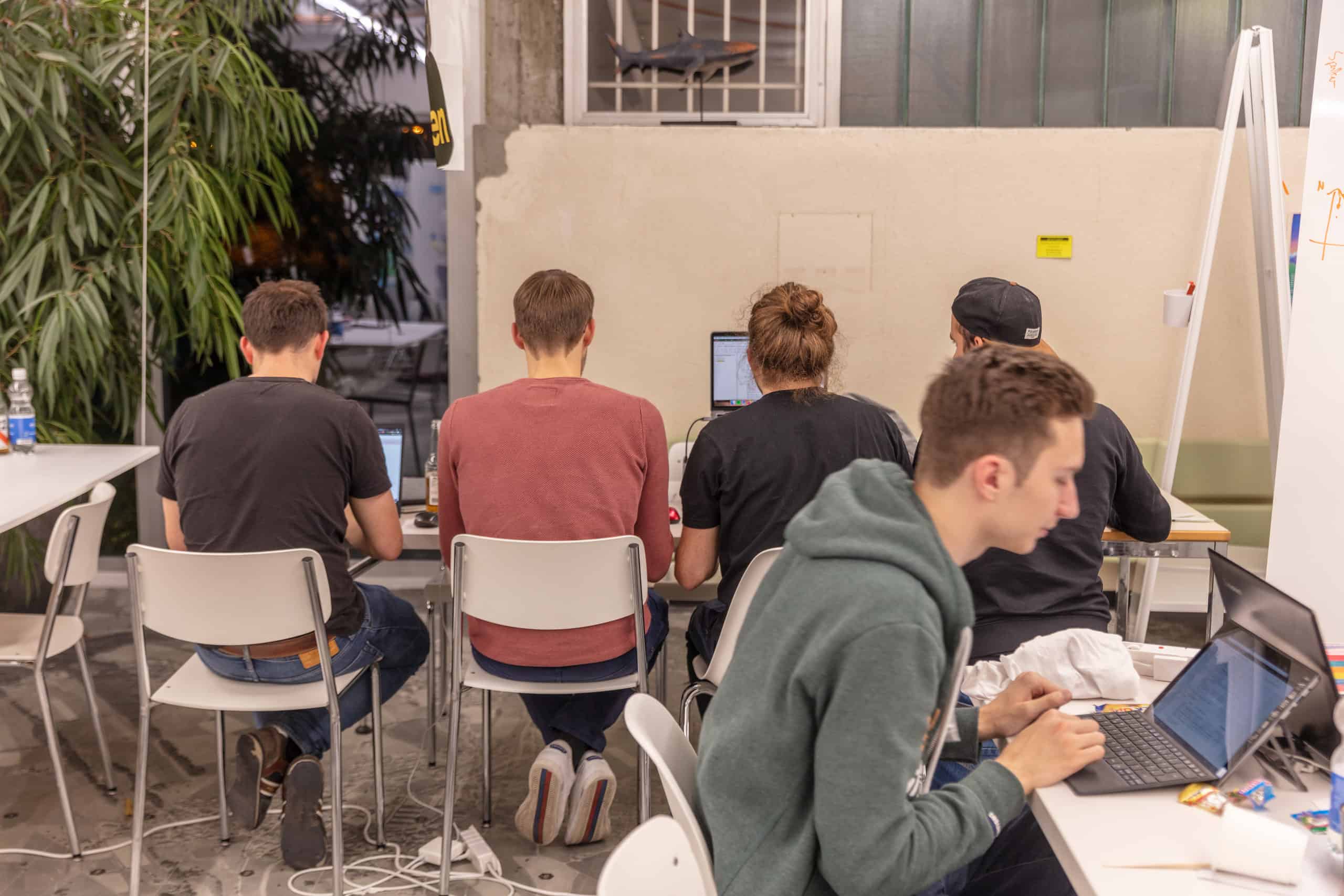Do you ever find yourself doubting your own achievements? Feeling like a fraud despite evidence of your competence and accomplishments? If so, you might be experiencing impostor syndrome – a phenomenon that affects individuals from all walks of life.
In this article, we delve into the depths of impostor syndrome, exploring its impact on self-esteem, professional growth, and overall well-being. Join us as we uncover valuable insights and practical tips to help you break free from the grip of self-doubt and embrace your true potential. It is time to banish the impostor within and step confidently into your greatness.
The Silent Struggle of
Self-Doubt
Impostor syndrome, despite its lack of official recognition as a mental disorder, is a pervasive and often overwhelming phenomenon that affects countless individuals around the world. It refers to a deep-seated feeling of inadequacy, self-doubt, and a persistent fear of being exposed as a fraud, even in the face of undeniable evidence of competence and achievement.
Those grappling with impostor syndrome constantly question their own abilities and accomplishments, dismissing them as mere luck or a result of external factors rather than acknowledging their own merit. They often attribute their success to external validation, such as compliments or positive feedback, rather than acknowledging their own hard work, skills, and expertise.
Impostor syndrome can manifest itself in various ways, each with its unique set of challenges. Some individuals may feel they are merely “faking it” and fear being exposed as inexperienced or inadequate. Others may attribute their achievements to external circumstances, such as being in the right place at the right time, rather than recognizing their own competence.
It is important to note that impostor syndrome affects people from all walks of life, regardless of their accomplishments or level of expertise. High-achieving professionals, artists, students, and even entrepreneurs can all fall victim to the clutches of this insidious self-doubt.
The causes of impostor syndrome are multifaceted and can stem from a variety of factors, amongst others:
- Perfectionism,
- fear of failure,
- excessive self-criticism,
- societal pressure, and
- cultural upbringing.
Moreover, imposter syndrome can be perpetuated by external factors, such as unrealistic expectations, comparisons to others, and toxic work or academic environments.
Recognizing the presence of impostor syndrome is the first step towards overcoming its grip. By understanding the nature of this phenomenon and its impact on our lives, we can begin to challenge our self-limiting beliefs and embark on a journey of self-acceptance and self-belief.
Unveiling the Different Types of Impostor Syndrome
Impostor syndrome can manifest itself in various forms, each characterized by distinct thought patterns and behaviors. Understanding these different types can provide valuable insights into the specific challenges one may face and help individuals identify their own experiences with greater clarity. Let’s explore some common types of impostor syndrome:
The Perfectionist
Perfectionists set exceptionally high standards for themselves and often feel that anything short of perfection is a failure. They have a relentless drive to excel in every aspect of their lives, leaving little room for mistakes or setbacks. The fear of not meeting their impossibly high expectations fuels their impostor feelings.
The Expert
Those experiencing the expert type of impostor syndrome constantly feel the need to possess complete knowledge and mastery of their field. They believe that unless they know everything, they are not truly qualified or deserving of their success. Consequently, they downplay their expertise and constantly seek validation through acquiring more knowledge.
The Natural Genius
Individuals with the natural genius impostor syndrome believe that their accomplishments should come effortlessly and quickly. They struggle when faced with challenges that require extra effort or when they encounter obstacles on their path. They tend to internalize setbacks as signs of incompetence, rather than recognizing them as normal parts of the learning process.
The Soloist
The soloist type of impostor syndrome describes individuals who feel they must accomplish everything on their own. They are hesitant to seek help or support from others, fearing that it would expose their perceived lack of knowledge or competence. The soloist believes that asking for assistance might be seen as a sign of weakness, further reinforcing their impostor feelings.
The Superhero
Superheroes constantly push themselves to work harder and longer, often sacrificing their well-being and personal life for the sake of their achievements. They believe that their worth is solely determined by their productivity and the ability to handle numerous responsibilities simultaneously. This relentless pursuit of success leaves little room for self-care or acknowledging their own limitations.
It is essential to recognize that these types of impostor syndrome are not mutually exclusive, and an individual may resonate with multiple types or experience a combination of their characteristics. Identifying which type(s) you relate to can be a powerful step in understanding the underlying beliefs and thought patterns that contribute to your impostor feelings.
The Impact of
Impostor Syndrome
Relationships, Career Advancement,
and Personal Well-being
Impostor syndrome can have far-reaching effects on various aspects of life, significantly impacting relationships, career advancement, and personal well-being. Understanding these effects can shed light on the challenges individuals face and highlight the importance of addressing impostor feelings. Let’s explore how impostor syndrome manifests in these areas:
Relationships
The fear of being exposed as a fraud or not living up to expectations can lead individuals to doubt their worthiness of love and acceptance. They may struggle with vulnerability and authenticity, fearing that their true selves will not be accepted by others. This can result in difficulty forming deep connections and trusting others, ultimately impacting the quality of their relationships.
Career Advancement
Individuals plagued by impostor feelings may avoid taking on new challenges or pursuing opportunities for fear of failure or being exposed as incompetent. They may downplay their achievements and hesitate to speak up or assert themselves in professional settings. This self-doubt and reluctance to take risks can impede progress and limit career and professional growth potential.
Personal Well-being
The constant fear of being discovered as a fraud and the pressure to maintain an image of competence can lead to chronic stress, anxiety, and burnout. Self-esteem and self-worth may suffer as individuals attribute their success to luck or external factors rather than acknowledging their own capabilities. This can contribute to feelings of dissatisfaction, unhappiness, and a persistent sense of inadequacy.
Recognizing the impact of impostor syndrome in these areas is crucial for individuals seeking to overcome its challenges. By addressing impostor feelings head-on, individuals can cultivate healthier relationships, pursue career opportunities with confidence, and prioritize their well-being.
In the next article Silencing the Inner Critic, we will explore practical strategies and techniques to overcome impostor syndrome and with them build self-confidence and reclaim your sense of worthiness in all aspects of life. Stay tuned!












